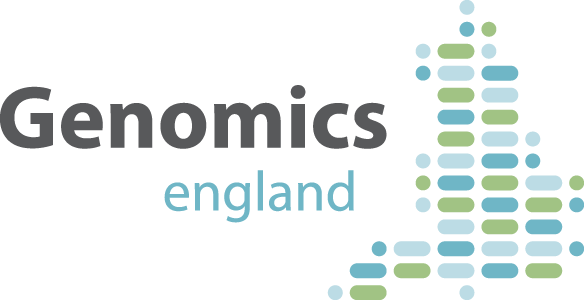P.O.R.T. is delighted to be able to say that Chronic Intestinal Pseudo Obstruction is included as a condition on the 100,000 Genomes Project, which we hope will lead to finding the underlying cause of CIPO and hopefully lead to treatments. Here is some information about the project and what it may mean for patients with CIPO.
Professor Charlie Knowles, Professor of Surgery and Honorary Consultant Colorectal Surgeon at Barts Health NHS Trust, has secured CIPO as a condition on the 100,000 Genomes Project. This is a huge step forward and we hope that many patients will be recruited onto the project to have their genomes sequenced, with the hope of finding the underlying genetic mutation or mutations that cause Chronic Intestinal Pseudo Obstruction.
What is the 100,000 Genomes Project?
The 100,000 Genomes Project is a project that is trying to find the underlying causes of conditions by sequencing a person’s genome and finding mutations – or mistakes – in our genes. Kind of like finding a single spelling mistake in a library full of books. Your genome is what makes you who you are, it is the instruction manual for your whole body and how it functions. In 2003, after years of painstaking research, the genome could finally be sequenced, a huge advancement in medicine, meaning that we can better understand conditions with a genetic component, such as finding the gene for rare diseases, or genes with cancer-causing mutations. The 100,000 Genomes Project is a project run by the Department of Health, launched in 2012, with the aim – as its name suggests – to sequence 100,000 people’s genomes. They’re recruiting patients with rare diseases and with cancer, since these are strongly linked to changes in the genome.
What could it mean for you?
In terms of CIPO, sequencing patients genomes it could mean that we can find the underlying causes of CIPO – it could be that CIPO has more than one causative gene, which would mean we could even find different subtypes of pseudo-obstruction based on the different underlying gene mutation. However, this would have huge implications for CIPO. If we know the underlying gene mutation/mutations, we will find out the underlying basis of CIPO and the underlying mechanism of how it causes the condition. This could then lead to treatments that rectify the problem with the function relating to the gene, or actually treating the gene mutation itself with gene therapy. This could lead to treatments, or even a cure, for the condition.
The first CIPO patient has already been recruited by Professor Knowles. P.O.R.T. hopes to support the recruitment of patients with CIPO onto the 100,000 Genomes Project and to progress the understanding of and development of treatments for CIPO.
You can find out more about the 100,000 Genomes Project on the Genomics website – click here.
